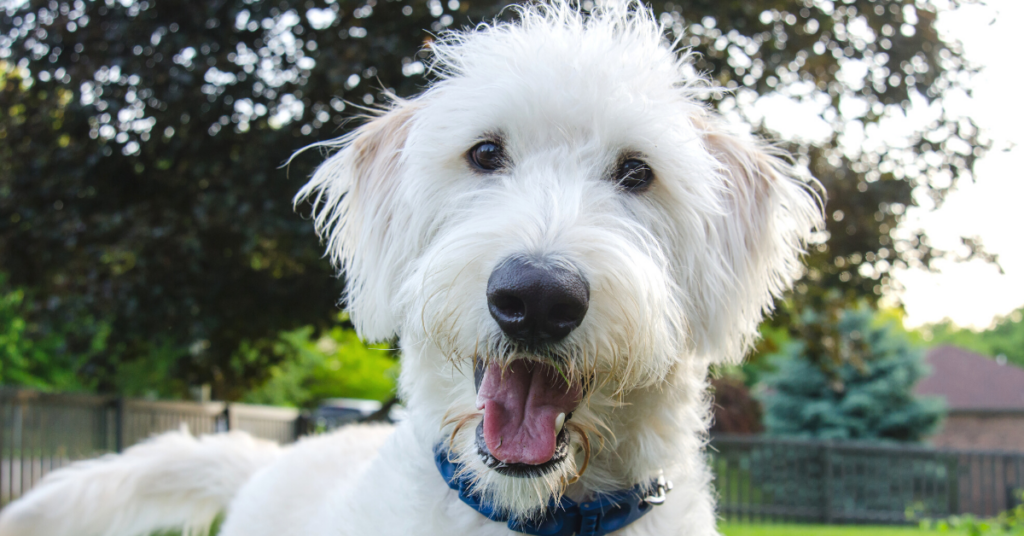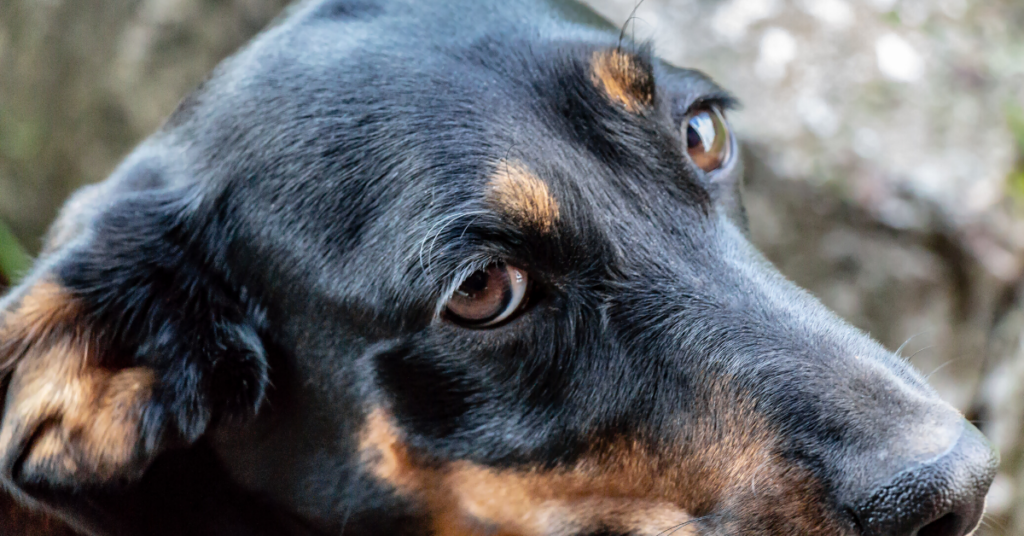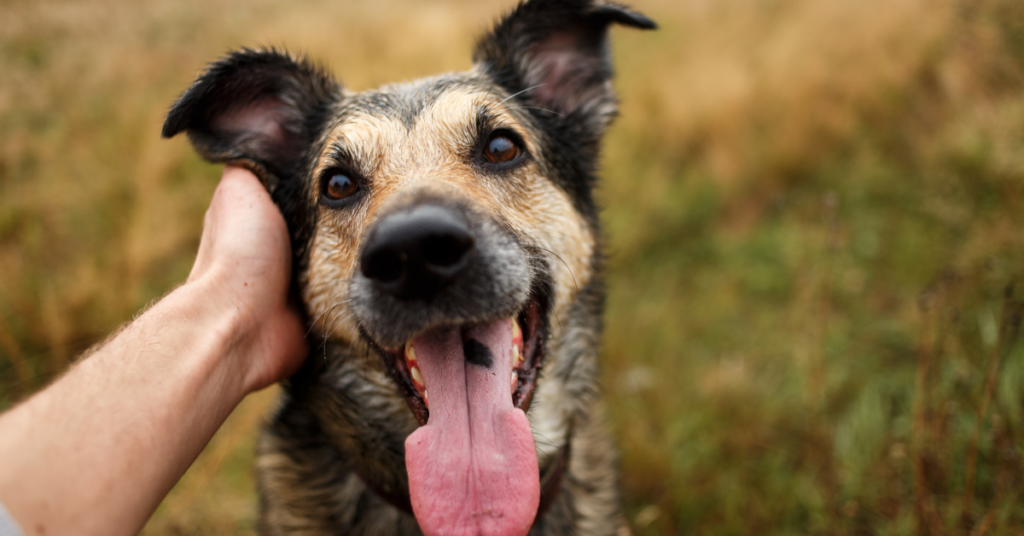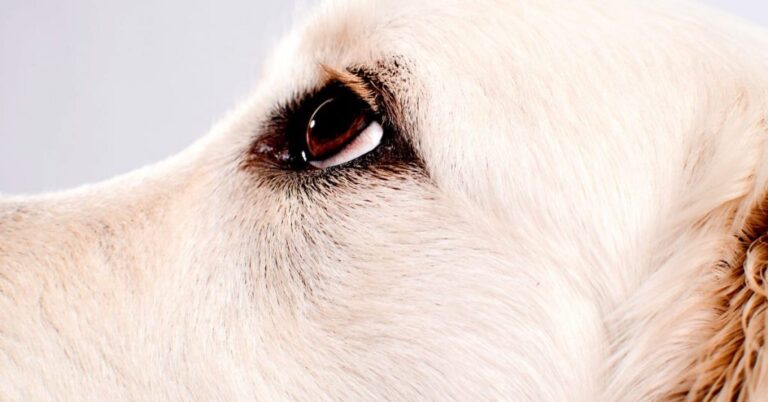Why Does My Dog Keep Shaking Their Head?
When your dog keeps shaking their head, you might be wondering what’s going on!
Head shaking is normal to happen, especially after taking a bath, after swimming, or to remove irritants out of their ears.
However, if your dog is shaking their head frequently, it can be a serious concern and needs a visit to the vet.
Why Is My Dog Shaking Their Head?

It is important to understand why dogs keep shaking their head.
It is a method for dogs to get something out of their ears that shouldn’t be there.
Dogs also shake their head when they feel any itchiness, or irritability in their ears.
Sometimes, they continue to shake their head more than normal, if they have water inside their ears, a stuck piece of grass or an insect.
If the head shaking is repeated over the course of a day or so and doesn’t stop, it’s time to schedule a visit to your vet.
Common Reasons for Head Shaking

There are common reasons for dogs head shaking which are easily treated once diagnosed. But if left untreated, ear conditions can become more serious.
Irritants trapped in the ear such as grass seeds, water, foreign body, or insects result in head shaking.
If your dog started shaking their head frequently, it’s important to know what’s the reason causing it.
Common reasons for head shaking include:
Ear Infections
The most common cause for frequent head shaking is an ear infection.
Bacterial and yeast infections can cause itchiness and produce a lot of discharge and cause inflammation.
If you notice any redness, swelling or discharge in your dog’s ear, most likely it’s an ear infection.
However, infections may take place deep within a dog’s ear, which makes it hard for you to see it.
So it’s better to call your vet to better diagnose your dog.
Ear mites or other parasites can cause similar symptoms, but not as common as bacterial infections in dogs, especially adult dogs.
Allergies
Dogs who are allergic to specific foods or things in the environment such as pollen, mold buds, dust or mites, are more likely to shake their head more frequently than usual.
Symptoms of allergies in dogs include:
- Having itchy skin
- Hair loss
- Recurrent ear infections
- Head shaking
- Feet chewing
- Face rubbing.
To diagnose a food allergy, a dog is put on a special diet.
This diet contains a single carbohydrate, such as rice or potato, and a single protein source that has never been fed to the dog before.
Protein source can be duck or venison or food that has been broken down into small, non allergenic pieces.
The dog should eat this diet for one to two months. If the symptoms disappear, it is most likely that food allergy is the reason behind the head shaking.
Environmental allergies are diagnosed through intradermal skin testing, or blood testing.
Serious Conditions for Head Shaking

Identifying the reason behind a dog’s head shaking is important, because it could be a symptom of a serious health condition.
A foreign object can be stuck in the ear canal, inflammatory diseases, or neurologic disorders which cause head tremors that are confused with head shaking.
Recurrent ear infections can be a symptom of allergies, anatomical abnormalities, or hypothyroidism in dogs.
Continuous head shaking can rupture blood vessels within a dog’s ear flap known as “aural hematoma” which would require surgery to repair.
This is why it’s important to diagnose and treat head shaking in dogs, to avoid serious complications.
What To Do If Your Dog Keeps Shaking Their Head

If your dog continuously shakes their head, scratches their ears, or if you notice that the dog’s ear looks red.
You should call your vet, to help diagnose the cause behind head shaking, in order to give your dog the right treatment.
When to See a Veterinarian

If your dog keeps shaking his head vigorously over the course of a day and doesn’t stop, it’s probably time to visit your vet.
The vet will be able to diagnose your dog, identify the reason behind the head shaking, and prescribe treatment to reduce the irritation and pain.
Early diagnosing and treatment of head shaking is important, to help prevent any serious conditions, such as aural hematomas which require surgery.







